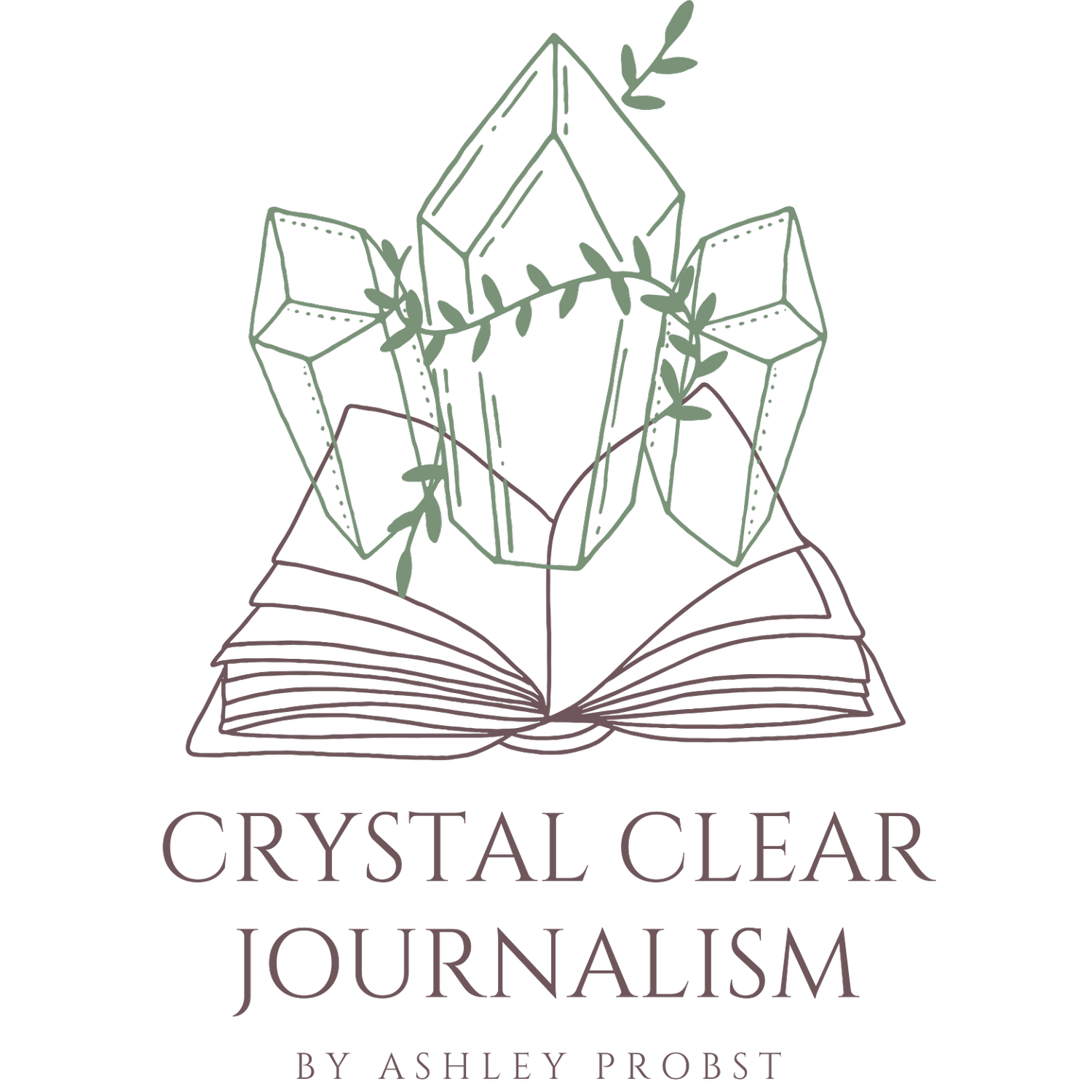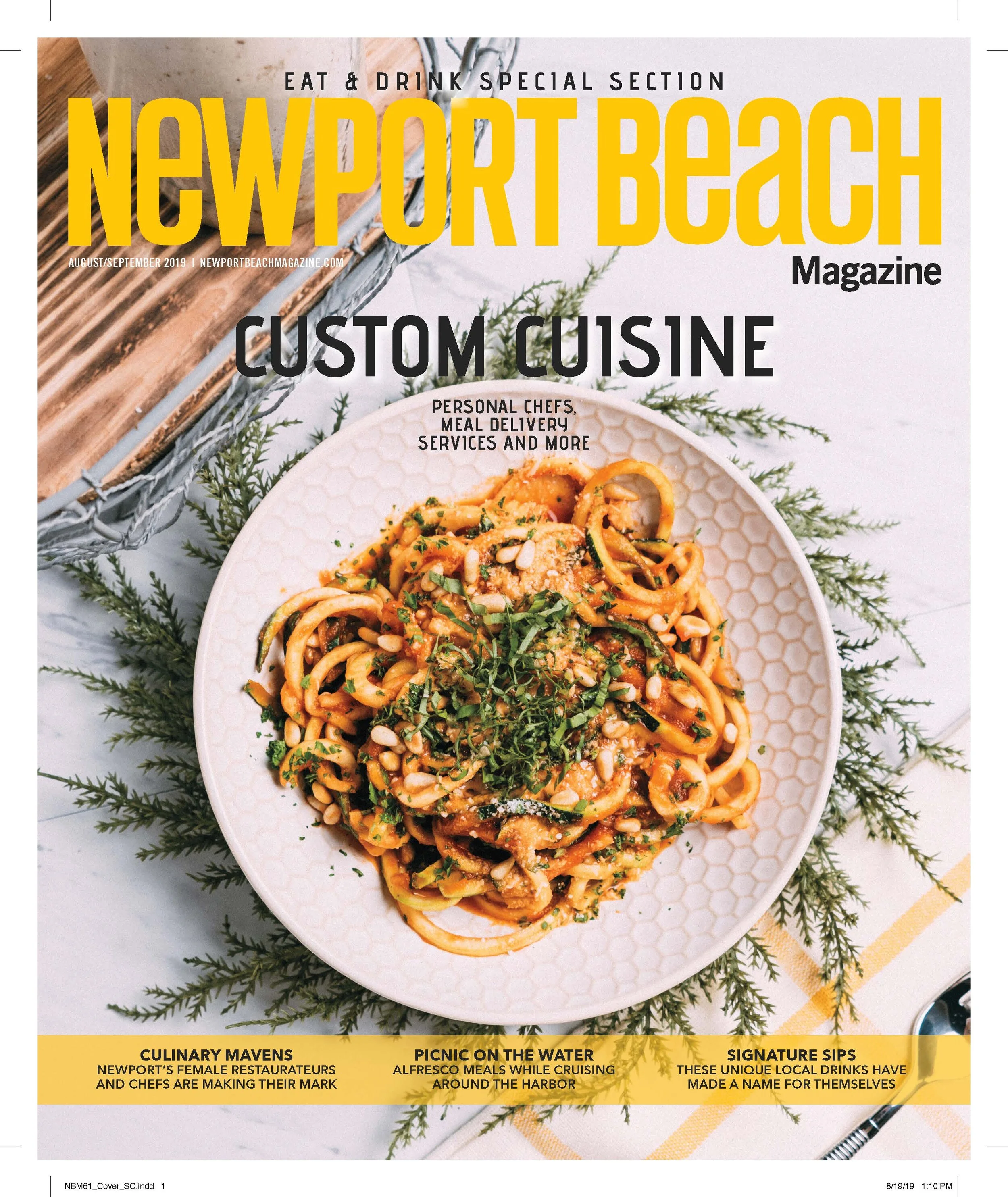Newport Beach Magazine: August/September 2019
Produced right here in California, the DOVY MIDI DRESS features a durable and environmentally friendly Tencel pointelle fabric, which is made from sustainably farmed eucalyptus trees, plus a recycled polyester lining, $178, at Amour Vert, Lido Marina Village | Photo courtesy of Amour Vert
Trend
Sustainable Style
Fast fashion is becoming a thing of the past as the green movement encourages designers to create eco-conscious clothing.
In a consumerist world where convenience reigns supreme, it comes as no surprise that fast fashion—which emphasizes the creation of on-trend pieces using quick and cheap methods—dominated the industry for decades. This is a stark contrast from simpler times when worn clothing was repaired or recycled within the home, whereas shoppers today tend to discard their unwanted and outdated items. “When fast fashion took over the industry, clothing became disposable and appreciation went out the window,” says Newport Beach-based fashion stylist Katie Keyes of Styled by Katie.
In 2015, the Environmental Protection Agency reported that Americans alone throw away more than 50 pounds of clothing and footwear per person annually—and that’s after accounting for recycled apparel. This waste combined with harmful production procedures puts the fashion industry among the biggest polluters in the world, but various apparel companies are working to change that.
“The fashion industry … [has] a long history of enormous water waste, toxic dyes, employing dangerous chemicals for growing cotton and using crude oil to produce synthetic fibers,” explains Aaron Hoey, CEO of the San Francisco-based sustainable clothing company Amour Vert, which has a storefront at Lido Marina Village. “… Knowing that the fashion industry has a huge impact on the environment, we feel it is our moral obligation to offer the world clothing that is environmentally friendly.”
Donating clothes to charity and repurposing garments can help (though the former may sometimes have better intentions than outcomes), but the core issue is with the industry’s manufacturing and distribution processes. In order to combat this, companies are introducing more eco-conscious procedures, such as using sustainably grown fiber crops, limiting production to small batches, sourcing materials and distributing products locally as well as giving back to green nonprofits, all of which are becoming more common practice in the fashion world.
“Going green is certainly a trend in the industry right now, and we do hope this evolves into a more permanent way of approaching fashion production and execution,” Hoey says. “We believe that, with every step in the process being ethical and sustainable, Amour Vert can lead the charge in sustainable fashion in hopes that more brands will follow suit to make a commitment to sustainable practices.”
For Amour Vert, those practices include utilizing sustainable materials like plant-based fibers, limiting production and offering a “buy a tee, plant a tree” campaign through a partnership with American Forests, a nonprofit that focuses on conservation. “We are faster than fast fashion, but with a big difference: We create quality garments that are built to last and are, therefore, sustainable,” Hoey adds, noting that Amour Vert apparel has a prominent California cool aesthetic while also being soft and versatile.
Simultaneously luxurious and ethically produced, the LOW ANKLE BOOT by vegan shoe company Sydney Brown incorporates faux leather, an insole made of recycled fiber and a sustainably harvested German beech wood heel, $365, at Seed Peoples Market, The Camp, Costa Mesa | Photo courtesy of Seed Peoples Market
Plenty of other sustainable brands can be found in town, such as Marine Layer, also at Lido Marina Village, which carries a Re-Spun collection that uses no water, no added dyes and no new materials. The clothing is made from recycled T-shirts that have been donated by customers, with the company collecting approximately 100,000 shirts since late November 2018 and aiming to double that number by year’s end. Other popular brands that are renowned for their ethical practices and use of sustainably sourced materials include Citizens of Humanity, Patagonia, Stella McCartney, Eileen Fisher, Reformation and many more, all available locally.
“One of my favorite shops, Jenni Kayne, is known for … [its] incredible natural fibers and is becoming more and more of a sustainable brand,” Keyes says. “Alchemy Works is a great spot to find amazing local designers, along with Seed Peoples Market [in Costa Mesa]. They are full of locally sourced, green products.”
She also notes that, when it comes to sustainability, more fashion-forward and boutique brands are moving in this direction while still remaining on-trend, and that she has specifically noticed a huge movement in swimsuits within the Newport Beach community.
When you’re not by the water, she recommends going back to the basics. “If you’re unsure where to start, you can never go wrong with a plain T-shirt. Everyone needs a good organic tee in their life,” Keyes says. “You can pair … [it with sustainably sourced] linen shorts in the summer, and a … great piece of denim in the fall.”
Though fashion powerhouses do play a significant role in the industry’s environmental impact, so does the consumer, and being aware of the processes behind your purchase is imperative. Instead of impulse buying something you may never actually wear, focus on filling your closet with high-quality staple pieces that will stand the test of time—the planet, and your wallet, will thank you in the long run.





